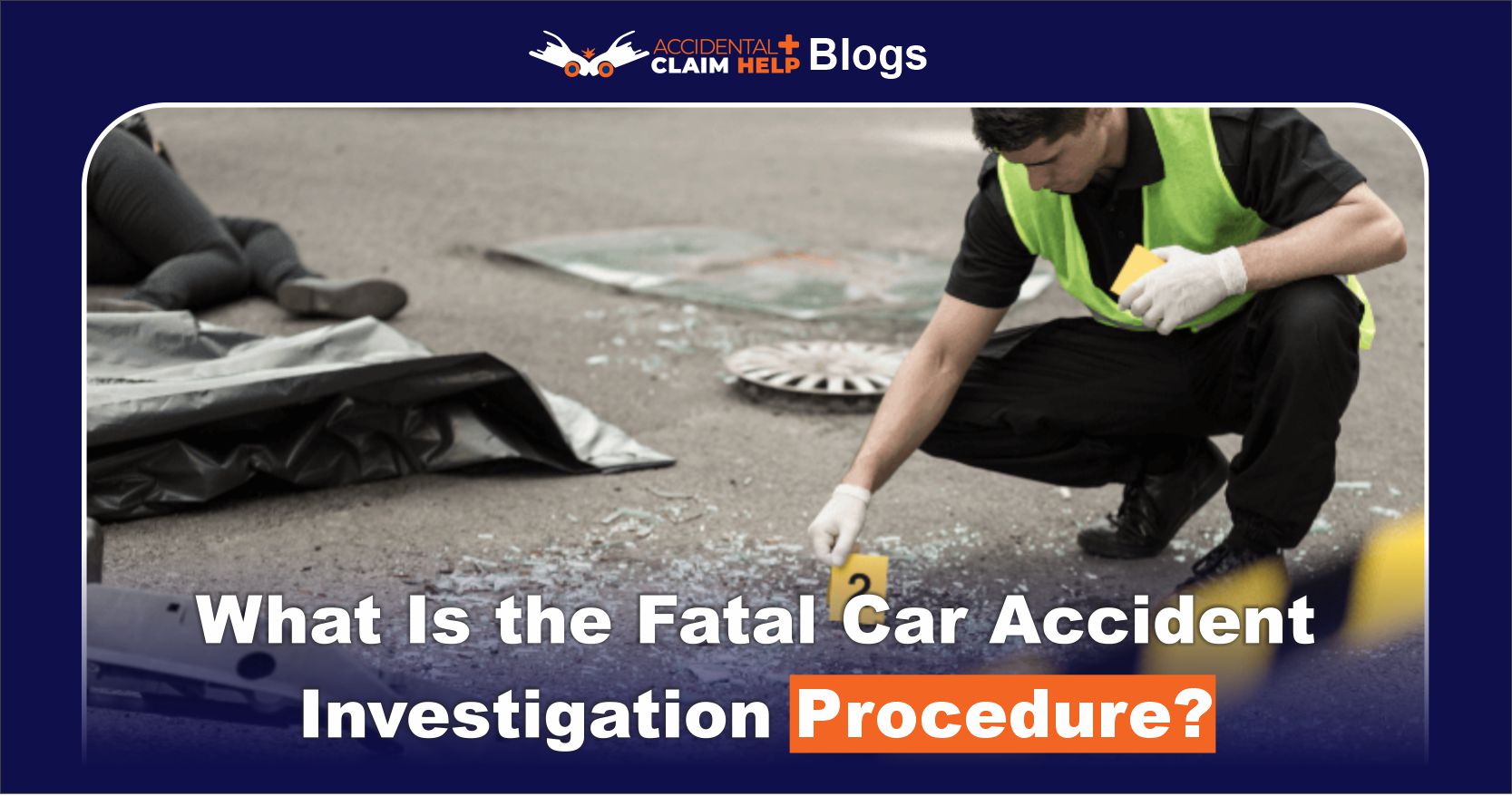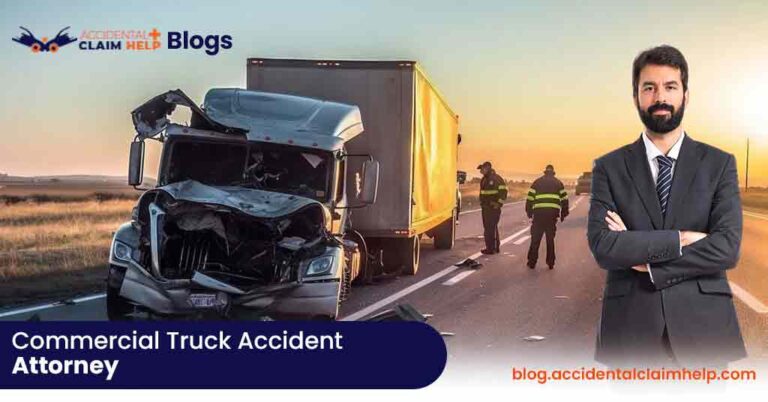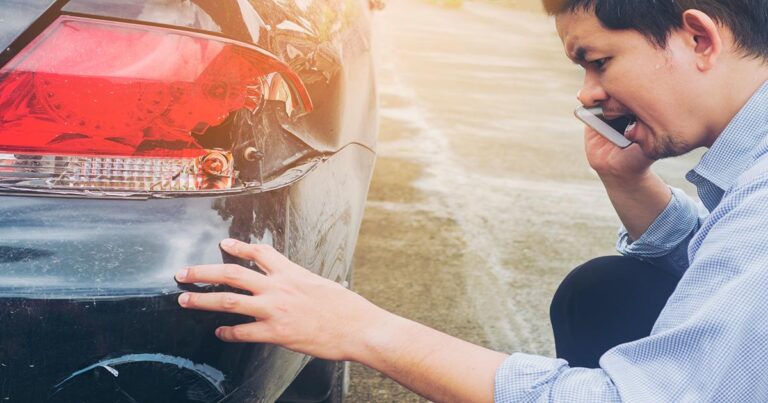What Is the Fatal Car Accident Investigation Procedure?
Dealing with a fatal car accident is an incredibly emotional experience, and in the aftermath, it’s natural to want answers. Whether you’re a family member, a witness, or even involved in the incident, understanding how a fatal car accident investigation works can give you some clarity. It’s not a fast process, but every step is meant to uncover what happened, why it happened, and whether someone is legally responsible.
Initial Response at the Scene
When a fatal crash occurs, emergency responders are the first to arrive. Police secure the scene, provide aid to survivors, and begin their preliminary investigation. One of the first things they do is call in investigators from specialized units who are trained to handle fatal incidents. The area is treated like a crime scene. Officers block off roads, document the scene, and ensure that evidence isn’t disturbed.
Collecting Evidence
This is a crucial stage. Investigators photograph the scene from multiple angles. They look for things like tire marks, debris, skid patterns, or anything that can show what happened before and during the crash. Vehicles are examined in detail for mechanical failures. Some might even be impounded to inspect more closely later.

Witness Statements and Interviews
Witnesses can play a big role in understanding what led up to the accident. Officers speak to drivers, passengers, and bystanders to gather firsthand accounts. Sometimes these statements can contradict each other, so investigators try to piece together a timeline using all the information.
Autopsy and Toxicology Reports
If someone died in the accident, the coroner or medical examiner steps in. They’ll do an autopsy and run toxicology tests to check for alcohol, drugs, or medical conditions that might have contributed to the crash. This can take several weeks, but the findings are important in determining fault.
Review of Traffic Cameras and Surveillance Footage
One thing not always discussed in other blogs is how much investigators now rely on footage from nearby businesses or traffic cameras. These videos can confirm vehicle speeds, signal violations, or other reckless behavior that isn’t easy to prove otherwise.
Reconstruction of the Accident
In fatal cases, law enforcement often brings in accident reconstruction specialists. Using software and physical evidence, they recreate the crash. This helps identify the point of impact, vehicle speeds, and even the exact sequence of events. This step often carries a lot of weight if the case goes to court.
Cell Phone and Vehicle Data Retrieval
Another less commonly discussed step involves pulling digital data. Police might obtain warrants to check cell phone usage at the time of the accident. They’ll also access event data recorders (EDRs) in newer cars which show speed, brake use, and seatbelt status in the seconds before impact.
Determining Fault
Once evidence is analyzed, investigators determine if any traffic laws were violated. If there’s evidence of negligence, such as speeding, DUI, or distracted driving, the responsible driver can face charges ranging from vehicular manslaughter to homicide, depending on the state.
Final Report and Legal Proceedings
Once all the evidence is in, a final crash report is issued. This document becomes vital in court cases or insurance claims. If criminal charges are filed, the report will support the prosecution. If the family of the deceased wants to pursue a wrongful death lawsuit, the report helps establish liability.
Family Support and Communication
In many jurisdictions, families of the deceased are kept informed through victim assistance programs. Officers or case managers may be assigned to update families regularly, explain findings, and help with the legal process. This aspect of the investigation isn’t technical but can be deeply meaningful for those grieving.
How Long Does a Fatal Accident Investigation Take?
Most investigations take weeks, but complex cases can drag on for months. Toxicology and lab results often delay the process, but every detail matters. Authorities aim to complete a thorough and accurate report rather than rush the outcome.
FAQs
Who investigates a fatal car accident?
Law enforcement agencies, including traffic divisions and sometimes state police, investigate fatal car accidents. They may also involve reconstruction experts, medical examiners, and crime scene units.
Can I request a copy of the accident report?
Yes, but there may be a waiting period. Reports involving fatalities may take longer to be released, especially if part of an ongoing legal investigation.
What happens if the driver is found negligent?
If a driver is found negligent, they can face civil and criminal penalties. Civil claims might include wrongful death lawsuits, while criminal charges could range from reckless driving to vehicular manslaughter.
Is an autopsy always required in fatal crashes?
In most fatal car accidents, an autopsy is conducted to confirm cause of death and screen for alcohol or drugs. It helps clarify whether the crash or a medical condition caused the death.
Do insurance companies use the police report to settle claims?
Yes, insurance companies heavily rely on police reports, especially in fatal accidents. These documents help determine liability and settle claims fairly.







